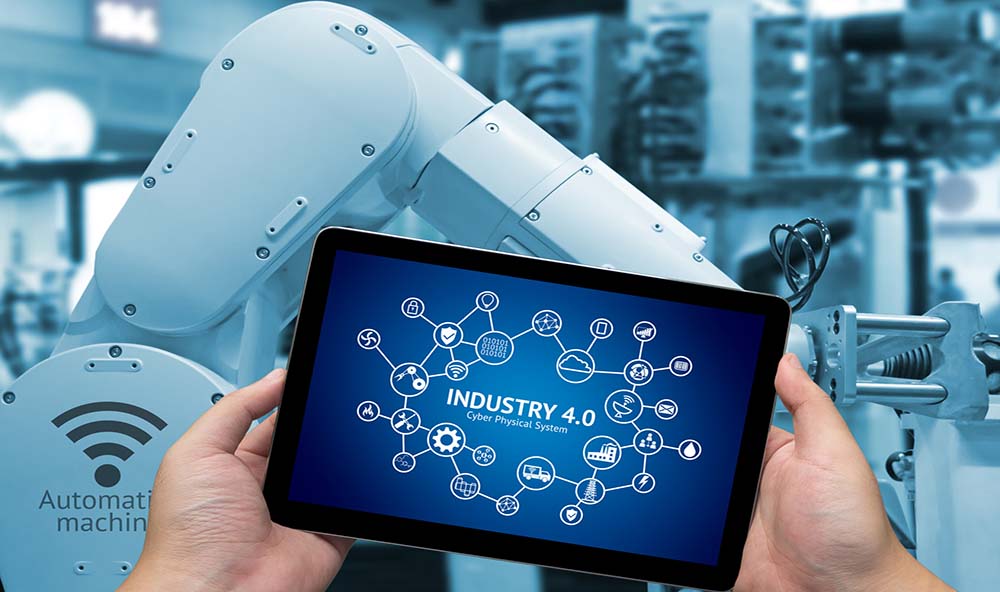Intelligent manufacturing is a comprehensive manufacturing concept that uses modern information and manufacturing technology to optimize production and product exchanges. It’s a revolutionary manufacturing model based on intelligent science and technology that improves the design, production, management, and integration of a specific product’s entire life cycle.
Smart sensors, adaptive decision-making models, innovative materials, intelligent gadgets, and data analytics can help with the full product life cycle. The efficiency of production, the quality of the products, and the level of service will all be improved. And in the 4th Industrial Revolution, cloud computing will be critical in enabling the manufacturing industry to transform into Intelligent manufacturing.
The ‘4th Industrial Revolution,’ in which advanced technologies such as Artificial Intelligence (AI), the Internet of Things (IoT), and blockchain are blurring the barriers between the physical and digital worlds, has made cloud computing a vital driver. Cloud computing is accelerating transformation and innovation across many industries around the globe. This is also true in the manufacturing sector. According to a report by Market Research Future, the cloud manufacturing market is predicted to reach USD 111.90 billion by 2024.
Some advantages of cloud
Scalability, flexibility, and development efficiency are just a few benefits of using cloud services rather than traditional on-premise computing capabilities. The other advantages include:
Flexibility and scalability
One of the most significant benefits of using virtual infrastructure maintained by a service provider is the increased flexibility. On-demand cloud services can be created, configured, and terminated at the touch of a button.
Some cloud services even allow auto-scaling, which means the underlying computing resources automatically adjust to changing utilization rates. This adaptability is advantageous for applications with erratic load, short-lived applications such as prototypes or proofs-of-concept, and frequently changing infrastructure.
Profit margins grow due to lower overhead
According to AWS, the variable expenses of the cloud enable organizations to pay only for the resources they utilize. As a result, they can decrease or eliminate the costs associated with running a data center. Businesses can increase their profit margins by avoiding the hefty costs of running their own data centers.
Flexibility in pricing
Costs are also flexible with cloud services. Many services offer consumption-based billing, which means clients are only charged for the services they actually use. On the other hand, static infrastructure configured for the maximum expected workload would need to be purchased and maintained in an on-premises scenario. This inflexibility can be overcome via the cloud.
Better product development and logistics
When integrated with cloud computing, IIoT facilities have access to real-time product usage data as well as consumer feedback. Quality issues can be handled on the production floor, resulting in less waste and lower mitigation costs. Machine learning applied to cloud data can give businesses actionable insights for future product development phases, resulting in higher revenue and customer happiness.
Conclusion
When it comes to technical transformation, cloud-native is the way to go, as it offers a significant competitive advantage. This is why cloud manufacturing is the way of the future and why migrating networks to the cloud should be at the top of every manufacturer’s to-do list.
Learn more at Manufacturing IT Summit
Event Organised by Exito Media Concepts


